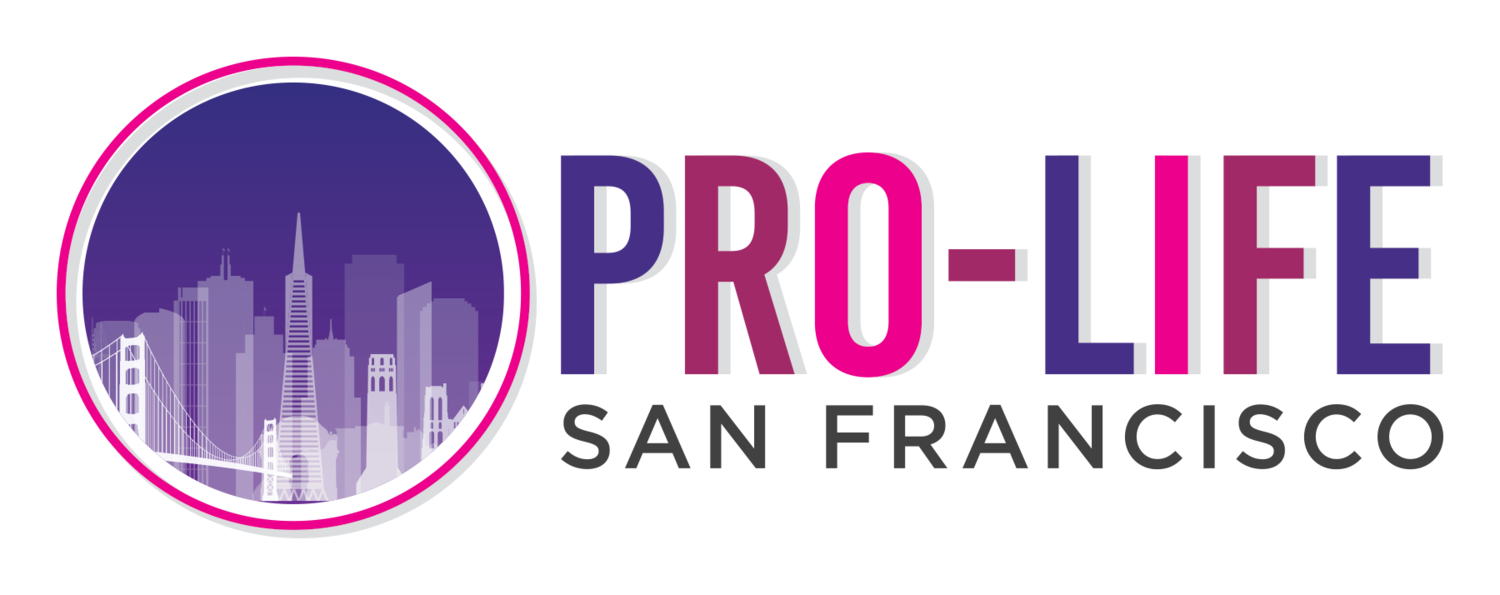Join us at the Department of Public Health, across the street from City Hall, to hand-deliver this important letter to the office of our city's top health official, Dr. Grant Colfax – demanding DPH leverage their relationship with UCSF to bring an end to their aborted fetal tissue research projects.
Here is our letter to Dr. Grant Colfax,
Director of Public Health in SF
Dear Dr. Colfax
We are a local community advocacy organization with concerns you have the power to address. It has come to our attention that your department works directly with the University of California, San Francisco. We have serious objections to the practices surrounding their fetal tissue experimentation projects currently taking place.
UCSF has multiple active projects that utilize the organs of pre-born children from elective abortions. As part of a grant contract with the National Institutes of Health, UCSF scientists were required to deliver two human fetuses per month over the course of 12 years for one project alone. The resulting studies, published by Dr. Cheryl Stoddart, noted that these fetuses were all the result of elective abortion procedures. They were between the ages of 18 and 24 weeks, meaning that many were viable and had up to a 68% chance of survival outside their parent’s uteruses. These fetuses would be transported to labs where their livers and thymuses were harvested and implanted into mice in order to create a humanized immune system for drug testing.
As an organization with a diverse membership base, we understand that the moral case against this research transcends political and ideological boundaries, and we are appalled that this has been permitted for such an extended period of time.
This research creates a perverse incentive for suppliers to prefer more inhumane methods of abortion. Since the use of digoxin would compromise the quality of the tissue, UCSF relies on either D&E abortions or medical induction without feticidal injections to secure this fetal tissue. This encourages UCSF and other suppliers to conduct elective abortions that are not only more painful for a pain-capable pre-born child but also more likely to result in a live birth. (Up to 50% of the time, such a procedure can result in live birth late in pregnancy.)
Secondly, there are major questions around how useful this research actually is. The above humanized mouse project has never developed any meaningful therapeutics. Even if it did, it would still be the case that the same research could be accomplished with the tissue of miscarried children in certain circumstances. (Such research is more costly and poses greater logistical challenges, but it avoids the ethical implications of requiring aborted babies.) Another meaningful alternative is the use of organoids. For the study in question, it is possible to use surplus neonatal tissue to achieve the same end.
Science matters, but our pursuit of science must go hand-in-hand with a strong ethical grounding. Our values, and those of millions of other Americans, oppose the use of fetal tissue in research when such tissue comes from elective late-term abortions. We can work to create better, nonviolent ways of meeting medical research needs, such as tracking post-surgical thymus tissues from children born with an overabundance of such tissue. We can ensure the medical community is educated on ethical solutions. Such alternatives may be more challenging than research grounded in a regular supply of aborted fetus tissue.
As a progressive society, we need to be willing to absorb the shock of additional cost and logistical complications to protect the weakest among us. Ultimately, the case for tissue from late-term abortions is about convenience, not necessity. We look forward to a world where all science is human-centered and grounded in research methods that respect the bodily integrity of live human beings, and soon expect to hear back from you regarding our grievances.
Urgently,
The Pro-Life San Francisco team
and concerned citizens across the City

